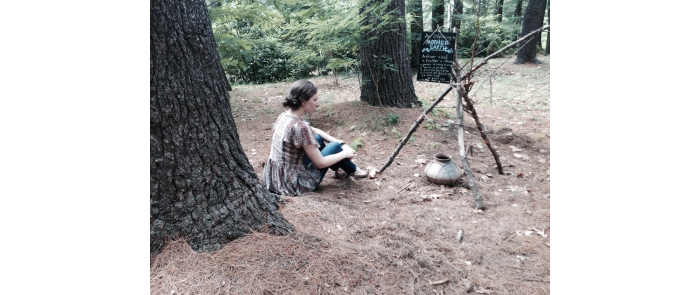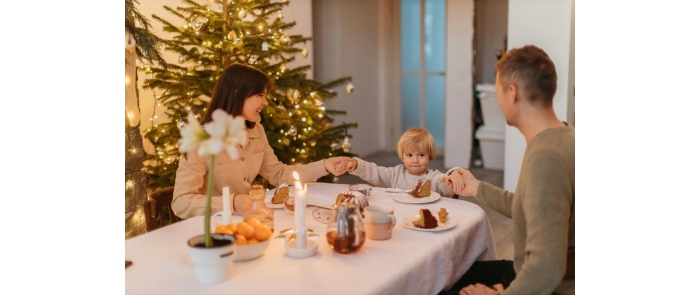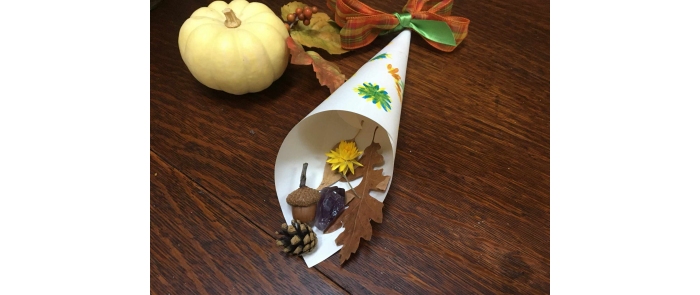By Dr. Roxanne Daleo
1. Light a candle. Gently, turn your attention away from the day, away from the stressors. Bring
your attention inward to your breathing. In the breath is the clearing space where something
new can happen. It is open, expansive, healing. The candle flame represents the spark of the
Divine within you. Place your hand on your heart, feel a love for your self in a new way, without
judgement or opinion. Imagine the light burning brightly, steadily luminous. This is your moment
of awareness, rest in the stillness of pure love.
2. Go outdoors. Create a sacred space for yourself. It could be in the woods.Stand with the
trees: strong, tall, confident, resilient. Contemplate who you are in the Universe. Reconnect
with your true essence of Source. We are all related. We are all connected. Take a moment
to feel the interconnectedness of all life. Let this knowing fill you with reassurance.
3. Sit with a wild flower and see what it has to tell you. Just be quiet and listen, deeply. What
would it say about beauty? Take a moment to write or draw this lovely flower. Pay attention
to the details, the colors, the fine lines, the leaves, the overlooked aspects. Look again, see
all you possibly can about this little wild flower growing where it was planted in the meadow.
Let her remind you that you also have the potential to grow right where you are. Let this
knowing bring you self-appreciation.
4. Look up to the sky. Watch as the clouds slowly drift away. Imagine you could hitch a worry
thought to a cloud and see it drift away. Just let it go by. No need to hold on. Let it go.
You are safe, you are whole. You are free.
5. Go home. It could be to your bedroom or a private home space where you like to be. Take
out a pen and piece of paper or your journal if you have one. Write down your talents or gifts
you are born with. It could be you have beautiful handwriting or are talented at drawing or
painting. Maybe you have athletic ability or you’re a great dancer. Think of whatever it is you
love because what you love will inform you of your talents. Think of what you do that
has time fly, that’s a clue to discover your gifts. Take a moment. write down as many as you
can this will bring you back to love. Remember you have a beauty within and it is knowing you are love.











